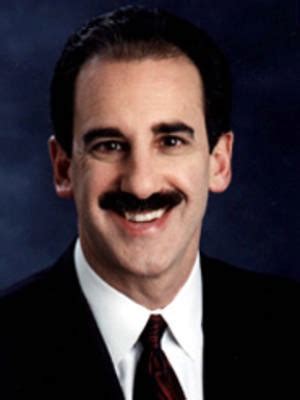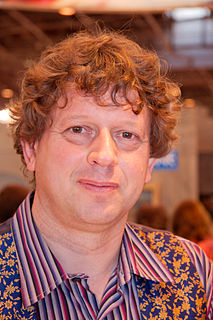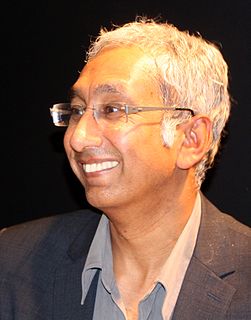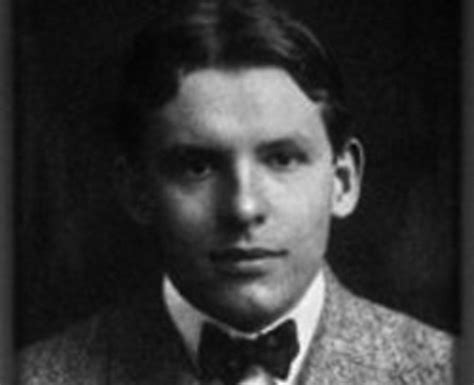A Quote by Maurice Merleau-Ponty
The perceived world is the always-presupposed foundation of all rationality, all value, and all existence.
Quote Topics
Related Quotes
Existence cares. When I say God cares I mean that existence cares for you, it is not indifferent. Let this be the foundation of your sannyas and then the temple can be raised very easily. It is easy to raise the temple once the foundation is rightly put. This is the foundation stone: remember that existence loves you, cares about you, is concerned about you; that you are not alienated, that you are not a stranger, that you are part of this great symphony, this orchestra, this celebration that goes on and on and knows no ending.
The birth of a new fact is always a wonderful thing to experience. It's dualistically called a "discovery" because of the presumption that it has an existence independent of anyone's awareness of it. When it comes along, it always has, at first, a low value. Then, depending on the value-looseness of the observer and the potential quality of the fact, its value increases, either slowly or rapidly, or the value wanes and the fact disappears.
Moral questions may not have objective answers-whether revealed by God or by science-but they do have rational ones, answers rooted in a rationality that emerges out of social need. That rationality can only be discovered through exercising the human potential for rational dialogue, the potential for thinking about the world, and for discussing, debating and persuading others. Values can never be entirely wrenched apart from facts; but neither can they be collapsed into facts. It is the existence of humans as moral agents that allows us to act as the bridge between facts and values.
Esse est percipi, to be is to be perceived, said good old Berkeley; but, according to most philosophers, he was wrong. Yet, obviously, there are things for which the adage holds. Perception, trivially, to begin with. If elements of conscious awareness--pains, tickles, feelings of heat and cold, sensory qualia of colors, sounds, and the like--have any existence, it must consist in their being perceived by a subject.... This shows, of course, that such experiences are epiphenomenal, at least with respect to the physical world.
This perceiving, active being is what I call mind, spirit, soul, or myself. By which words I do not denote any one of my ideas, but a thing entirely distinct from them, wherein they exist, or, which is the same thing, whereby they are perceived; for the existence of an idea consists in being perceived.
But myth is something else than an explanation of the world, of history, and of destiny. Myth expresses in terms of the world - that is, of the other world or the second world - the understanding that man has of himself in relation to the foundation and the limit of his existence. Hence to demythologize is to interpret myth, that is, to relate the objective representations of the myth to the self-understanding which is both shown and concealed in it.






































